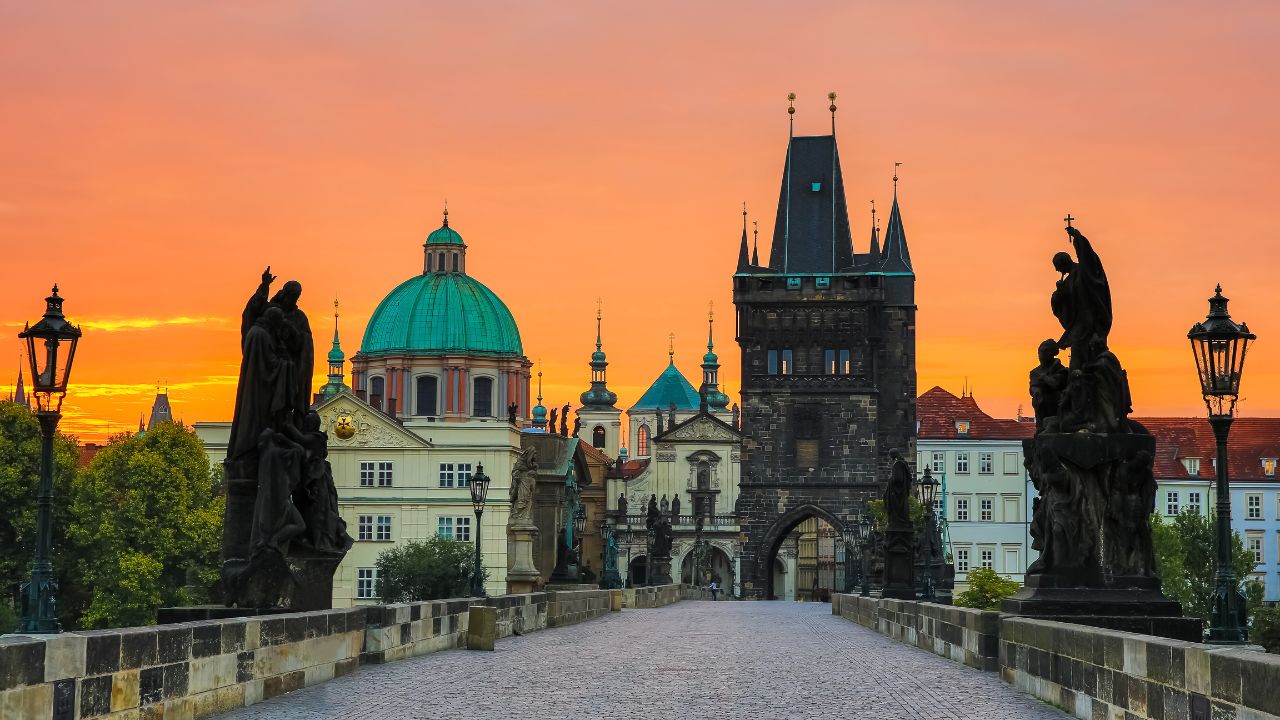Czech Republic Digital Nomad Visa - 2025 Update
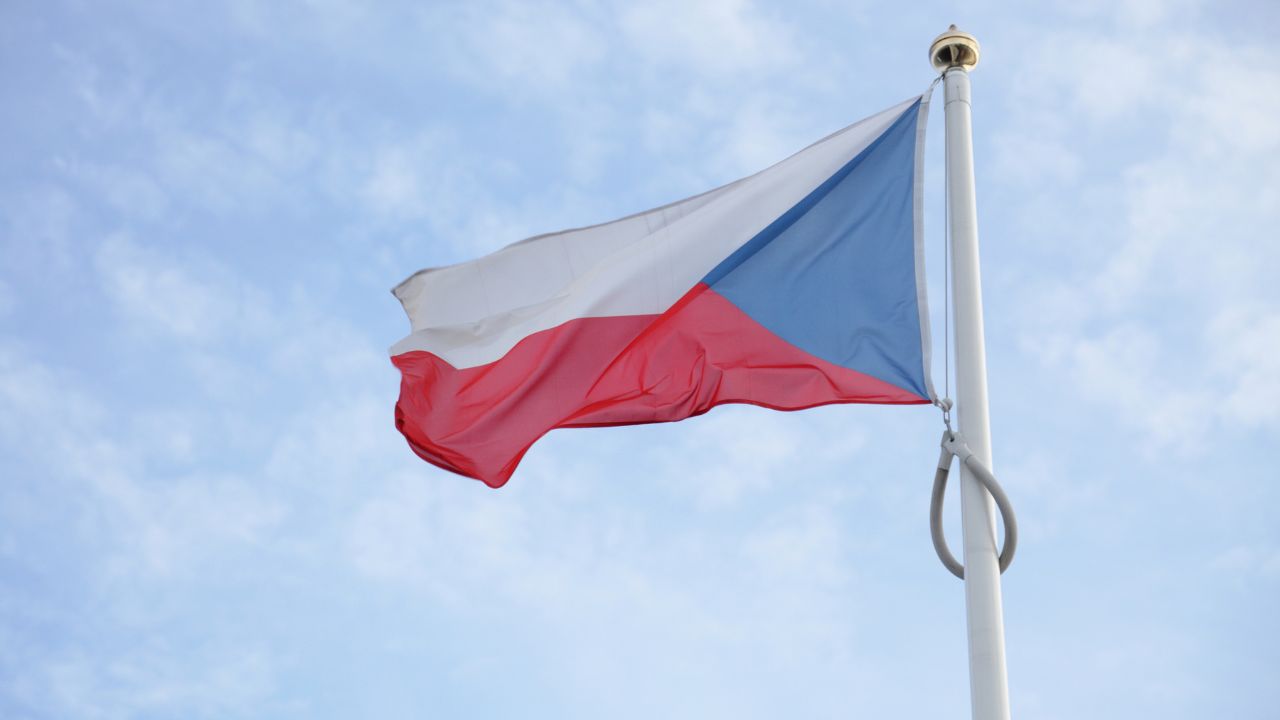
Quick Visa Facts
Visa length Up to 1 year.
Possible to extend? Yes, extensions may be possible under certain conditions.
Who can apply? Highly skilled IT professionals from eligible countries, including remote employees, freelancers, and business owners operating outside Czechia.
Minimum Income Requirements CZK 60,530 per month (around USD 2,600)
Time for visa applications Typically 45 to 90 days, depending on the embassy or consulate and application completeness.
Want to know if you can apply?
Complete a visa quiz and see if you qualify!
Dreaming of cobblestone streets, medieval castles, and a thriving café culture, all while keeping your remote job? The Czech Republic has joined the growing list of countries opening their doors to digital nomads, making it easier than ever to blend work and travel.
With its central European location, affordable cost of living, and strong tech scene, Czechia is quickly becoming a hotspot for freelancers and remote workers. In 2023, the government officially launched the Czech Digital Nomad Visa, a long-term stay option tailored for highly skilled professionals who want to live in the country while working remotely.
In this guide, we’ll break down everything you need to know, who’s eligible, how to apply, what documents you’ll need, and what life as a digital nomad in Czechia really looks like.
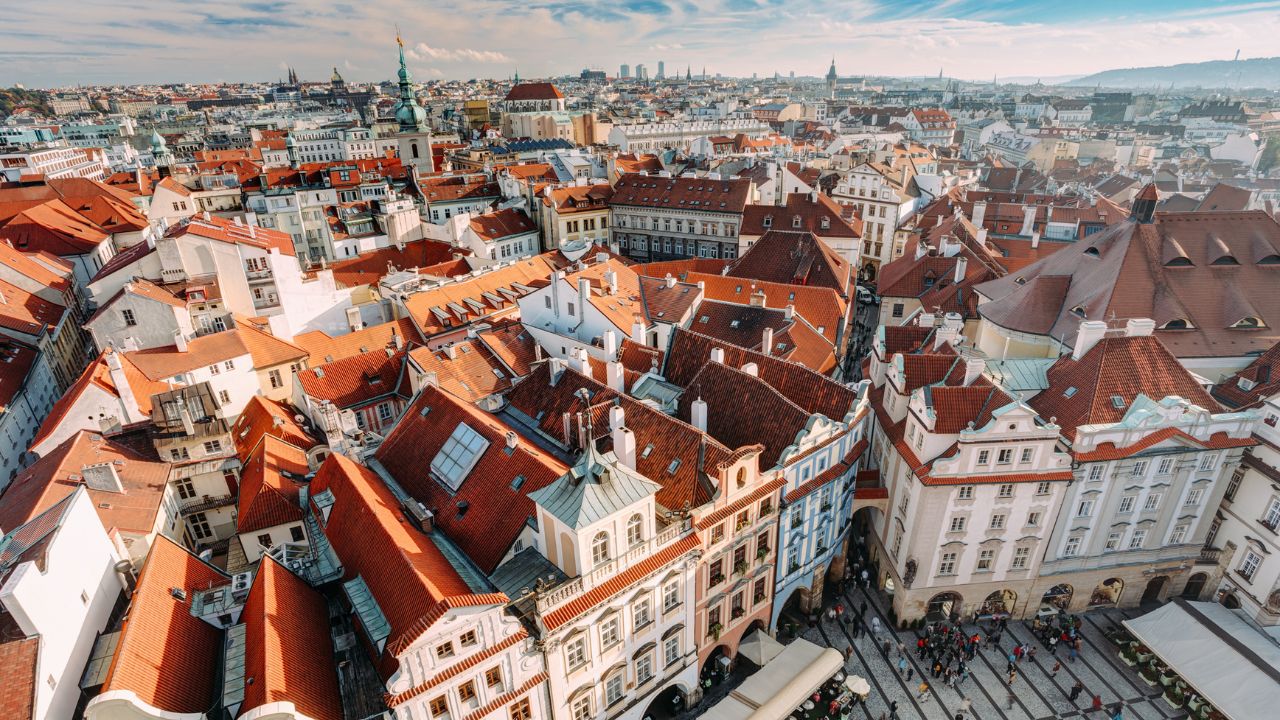
Capital Prague
Form of Government Unitary multiparty republic
Population 10.6 million
Climate Typical European continental
Language Czech
Currency Czech Koruna (Czech Crown)

2 people in Czech Republic!
Join the community of remoters!
Czech Republic Digital Nomad Visa Overview
The Czech Republic Digital Nomad Visa is a special long-term residence option introduced by the Czech government on July 1, 2023, under Government Decree No. 475/2023. It was created to attract highly qualified professionals in the IT sector who want to live in Czechia while working remotely.
This program streamlines the application process compared to traditional residence permits, giving eligible applicants a faster and more practical path to living and working in the country.
Who Is It For?
The visa is designed for highly skilled IT specialists who can work remotely through telecommunications. Applicants may qualify if they are:
Employees of a foreign company in the IT field, working remotely from Czechia.
Freelancers or contractors with a Czech trade license providing services in the IT sector.
Business owners running their own company abroad while temporarily residing in Czechia.
The program currently targets citizens of selected countries as defined by the Ministry of Industry and Trade and the Ministry of Foreign Affairs.
What Does It Allow You to Do?
The Digital Nomad Visa allows you to:
Live in the Czech Republic legally for a long-term period while maintaining remote work.
Work for a foreign employer or operate as a freelancer/contractor in the IT industry.
Apply through a faster procedure compared to standard residence permits, reducing administrative barriers.
Bring eligible family members under certain conditions, allowing them to reside with you in Czechia.
In short, this visa makes it possible to enjoy life in one of Europe’s most charming and affordable countries, without giving up your remote career.
Czech Republic Digital Nomad Visa Requirements
To apply for the Czech Republic Digital Nomad Visa, you’ll need to prepare a set of standard documents, along with a few additional requirements specific to this program.
Basic documents needed:
Completed long-term visa application form.
Valid passport (with sufficient validity and blank pages)
Recent passport-sized photographs.
Proof of accommodation in the Czech Republic.
Proof of purpose of stay (employment contract, freelance license, or business registration)
Criminal record certificate (from your country of residence and other relevant countries)
Application fee payment confirmation.
Proof of Financial Self-Sufficiency
You must demonstrate that you have sufficient funds to support yourself during your stay in Czechia. You must show a minimum income of CZK 60,530 per month (around USD $2,600)
This may include:
Recent bank statements
Employment contract showing income level
Proof of freelance earnings or business revenue
The Czech authorities require that applicants maintain a stable income and financial independence while residing in the country.
Private Health Insurance
Applicants are required to show proof of comprehensive health insurance that covers medical expenses in the Czech Republic. The policy must remain valid for the entire duration of your intended stay and must meet Czech legal standards.
Travel insurance is not accepted; it must be long-term residency health insurance. You can find our recommendations for the best health insurance plans here.
Professional Qualification in IT
Since the program is specifically tailored for IT specialists, applicants must provide documentation proving their professional qualifications, such as:
University degree or diploma in IT or a related field.
Proof of relevant work experience in the tech industry.
Certifications or evidence of specialized expertise.
How to Apply for the Czech Republic Digital Nomad Visa – Step-by-Step Instructions
Applying for the Czech Digital Nomad Visa involves several stages, from preparing documents to attending a visa appointment. Below is a clear breakdown of the process:
Step 1: Check Your Eligibility
Before you start, make sure you qualify for the program. The visa is only available to highly skilled IT professionals from specific countries approved by the Czech government. You’ll also need to prove a monthly income of at least CZK 60,530 (around USD 2,600). If you don’t meet these criteria, your application will not be accepted.
Step 2: Prepare Your Application File
Once you’ve confirmed your eligibility, the next step is gathering all the required documents. Each document must be up to date, properly legalized if needed, and in the correct format (translations into Czech are often required). Incomplete or incorrectly prepared files are one of the main reasons applications are delayed, so it’s worth double-checking everything before moving forward.
Step 3: Book an Appointment at a Czech Embassy or Consulate
Applications must be submitted in person at a Czech embassy or consulate in your country of residence. Most locations require you to book an appointment ahead of time, and wait times for slots can be long. It’s best to schedule this as soon as you have your documents ready so you don’t risk missing deadlines.
Step 4: Submit Your Application in Person
On the day of your appointment, you’ll hand in your complete application package and pay the visa fee. Embassy staff may also take your fingerprints and photo for biometrics. Be prepared to answer a few questions about your job, your stay in Czechia, or your travel plans. Providing clear, confident answers helps establish that you are a genuine digital nomad who meets the program’s requirements.
Step 5: Wait for Processing
After submission, your application will go through review by the Czech authorities. The Digital Nomad Visa benefits from a fast-track system, which is generally quicker than other types of residence permits. That said, the process can still take about 45 to 90 days, depending on where you apply and how complex your case is.
Step 6: Collect Your Visa
If your application is approved, you’ll be notified to return to the embassy or consulate to collect your visa or long-term residence sticker. This is the document that allows you to legally enter and reside in Czechia under the digital nomad program. Check the details carefully (validity dates, spelling of your name, etc.) before leaving the embassy.
Step 7: Register After Arrival in Czechia
Once you arrive in Czechia, there’s one more step. You must register your stay with the Foreign Police within 3 business days of entering the country. Depending on your situation, you may also need to schedule a visit with the Ministry of the Interior to provide additional information or finalize your residence permit. This step ensures your legal stay is fully recognized in the Czech system.
Czech Republic Stay Requirements
To maintain your Czech Republic Digital Nomad Visa, there are several key requirements you must follow throughout your stay. First and foremost, you must continue working in the IT sector, either remotely for a foreign employer, as a freelancer, or as a business owner operating legally outside Czechia. Your monthly income must consistently meet the minimum requirement of CZK 60,530 (around USD 2,600) to demonstrate financial self-sufficiency.
You are also required to have valid private health insurance that covers the entire duration of your stay, ensuring you are protected against medical expenses while living in the country. Additionally, you must comply with local laws and regulations, including registering your residence with the Foreign Police within 3 business days of arrival.
While the visa allows long-term residence, you are expected to spend the majority of your time in the Czech Republic, as extended absences could affect your eligibility for extensions. Finally, if you bring family members under this visa, they must meet similar requirements, including proof of financial means and health insurance coverage, to legally reside in Czechia alongside you.

How Much Does the Czech Republic Digital Nomad Visa Cost?
Applying for the Czech Digital Nomad Visa involves several costs that applicants should be prepared for. The main fee is the visa application fee, which is typically CZK 6,500 (around USD 280), payable at the time of submission. This fee covers the processing of your long-term visa application at the embassy or consulate.
In addition to the application fee, applicants should consider other expenses that may arise during the process:
Document preparation and legalization: Some documents, such as criminal record certificates or translations, may require notarization or apostille services, which can vary in cost depending on your country.
Health insurance: Private health insurance is mandatory for the entire duration of your stay, and premiums can vary based on coverage level, age, and pre-existing conditions.
Travel costs to the embassy or consulate: Since applications must be submitted in person, budget for transportation, and potentially accommodation, if your consulate is far from your location.
While the main visa fee is straightforward, these additional costs can add up, so it’s important to plan ahead to ensure a smooth and budgeted application process.
Taxes for People With a Czech Republic Digital Nomad Visa
If you hold a Czech Digital Nomad Visa, understanding your tax obligations is essential to stay compliant while living in the country. Although the visa allows you to work remotely for a foreign employer or operate as a freelancer, you may still be considered a tax resident in Czechia if you spend more than 183 days in a calendar year in the country. Tax residency means you could be liable to pay Czech income tax on worldwide income.
For remote employees, your foreign employer may already handle tax obligations in your home country, but it’s important to clarify whether double taxation agreements exist between Czechia and your country of residence. Freelancers or business owners must also be aware of local reporting requirements, including income declarations and potential social security contributions, depending on the structure of their business and trade licenses.
Maintaining accurate records of income, contracts, and any tax payments is critical. Many digital nomads choose to consult with a Czech tax advisor to ensure compliance and take advantage of applicable deductions or treaty benefits. In general, staying informed about your obligations helps you enjoy your time in Czechia without unexpected tax issues.
Living in Czechia with the Digital Nomad Visa
Living in the Czech Republic as a digital nomad offers a unique blend of modern convenience and historic charm. Cities like Prague and Brno provide a vibrant tech scene, reliable coworking spaces, and excellent public transportation, making it easy for remote workers to stay productive while enjoying the local culture. Beyond urban centers, Czechia is filled with picturesque towns, castles, and natural landscapes, giving digital nomads plenty of opportunities to explore during weekends or holidays. The country also boasts an affordable cost of living compared to many Western European destinations, with reasonable prices for housing, dining, and everyday expenses.
Beyond logistics, integrating into life in Czechia requires some planning. You’ll need to maintain valid health insurance, comply with registration requirements, and manage your finances to meet the visa’s income standards. Learning some basic Czech phrases can also help with day-to-day interactions and enhance your cultural experience. For those bringing family members, the visa allows them to reside with you, making Czechia a practical and enjoyable base for long-term remote work in Central Europe.
Best Cities to Live in Czechia
The Czech Republic offers a variety of cities that cater to digital nomads, each with its own unique appeal, lifestyle, and opportunities for work and leisure. Here are three of the best cities to consider for your stay:
Prague
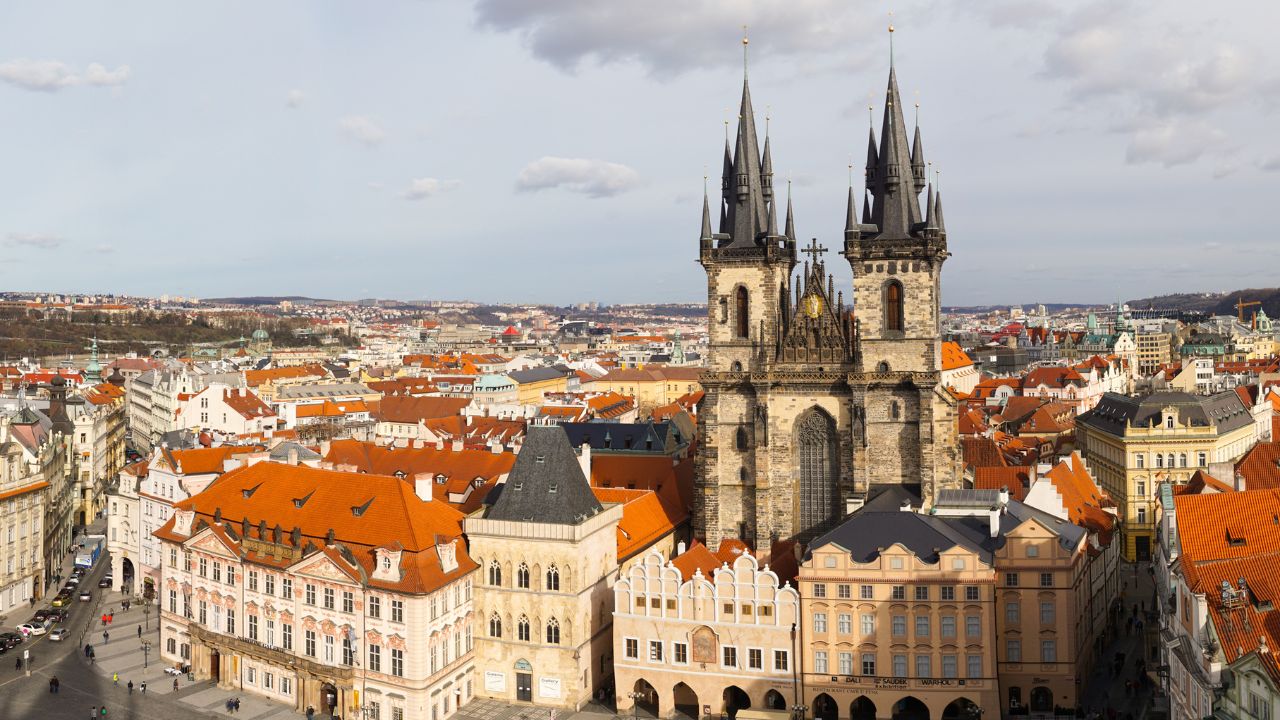
Prague, the capital city, is a vibrant hub for technology, culture, and history. Known for its stunning architecture, bustling cafés, and numerous coworking spaces, it is ideal for remote professionals seeking a dynamic urban environment. The city also offers excellent public transportation, international restaurants, and a thriving expat community, making it easy to settle in and meet like-minded remote workers.
Brno
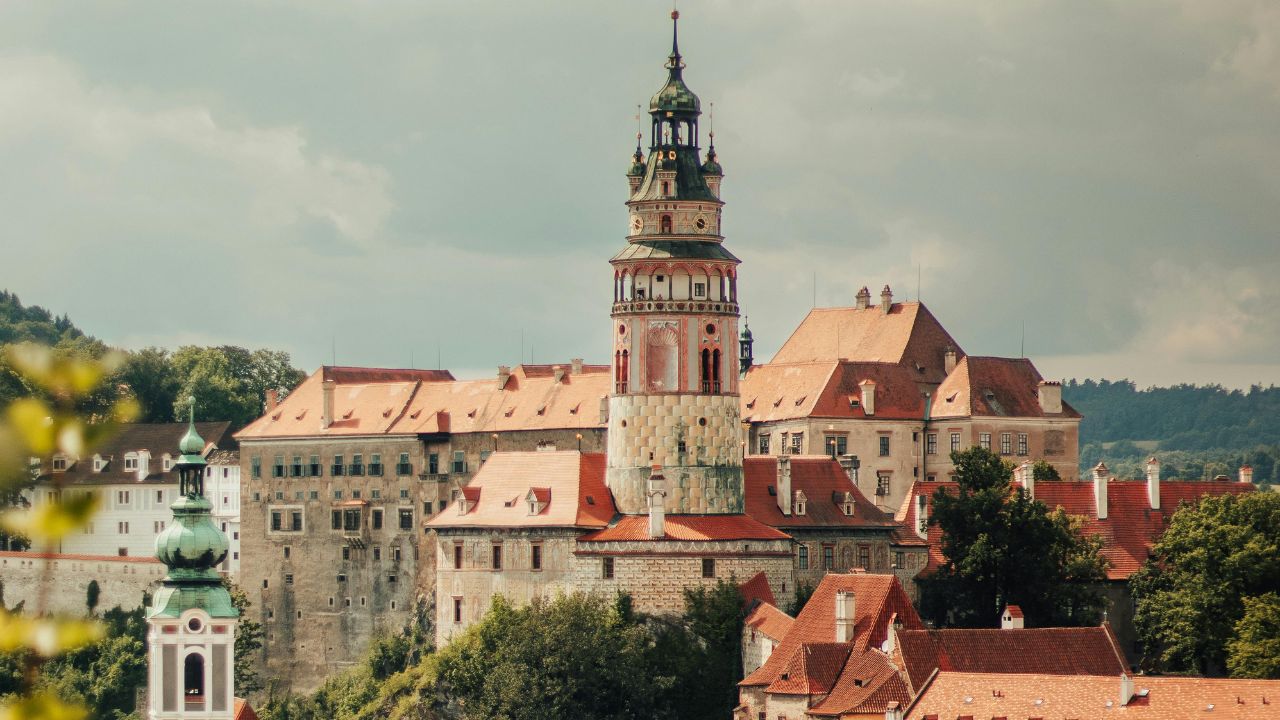
Brno, the second-largest city in Czechia, combines a lively tech and startup scene with a more relaxed pace than Prague. It’s home to universities, research centers, and innovation hubs, making it attractive for IT professionals and freelancers. Brno’s lower cost of living, cultural events, and access to green spaces provide a balanced lifestyle for digital nomads who want both productivity and quality of life.
Ostrava
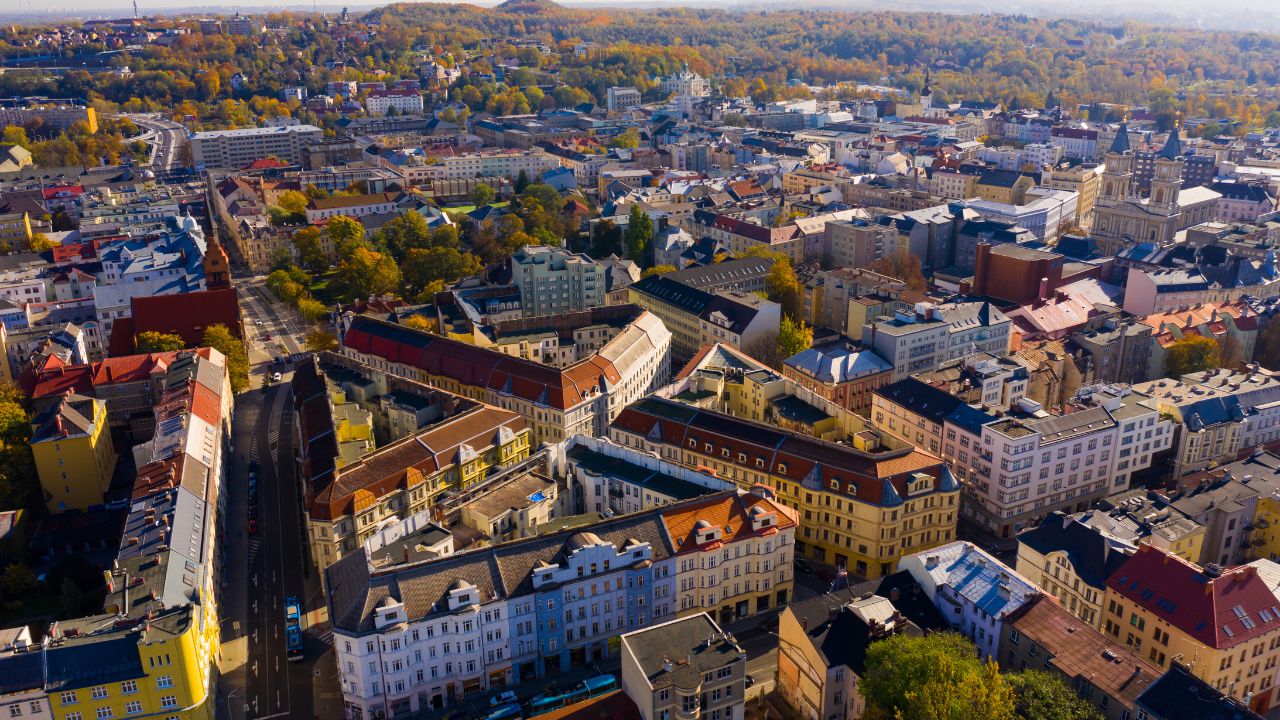
Ostrava, in the northeast of the country, is an up-and-coming city for digital nomads seeking affordability and emerging opportunities. Known historically as an industrial center, it now offers a growing creative and tech scene, alongside cultural attractions, music festivals, and outdoor recreation. Its lower housing costs and quieter environment make it an appealing choice for those who want to focus on work while still enjoying the local lifestyle.
Cost of Living
The official currency of the Czech Republic is the Czech koruna (CZK). 1 CZK = approximately $0.045 USD.
The average net monthly salary in the Czech Republic is around 36,330 CZK, which equates to approximately $1,640 USD.
Here’s a rundown of what you should expect to pay in different cities:
Prague
Rent (1 bedroom in city center) - $1,090 per month
Rent (3 bedrooms outside city center) - $1,450 per month
Basic Utilities - $315 per month
Wi-Fi - $27 per month
Public Transport - $1.30 one-way
Groceries (2 people) - $400–$500 per month
Brno
Rent (1 bedroom in city center) - $740 per month
Rent (3 bedrooms outside city center) - $1,010 per month
Basic Utilities - $159 per month
Wi-Fi - $19 per month
Public Transport - $1.10 one-way
Groceries (2 people) - $230–$460 per month
Ostrava
Rent (1 bedroom in city center) - $507 per month
Rent (3 bedrooms outside city center) - $780 per month
Basic Utilities - $221 per month
Wi-Fi - $17 per month
Public Transport - $1.30 one-way
Groceries (2 people) - $400–$450 per month
FAQs
Who can apply for the Czech Digital Nomad Visa?
The visa is available to highly qualified IT professionals from selected countries who want to live in Czechia while working remotely, either as employees, freelancers, or business owners operating outside the country. Applicants must meet income and insurance requirements.
How long is the Digital Nomad Visa valid?
The visa is typically issued for up to one year, with the possibility of extension under certain conditions. Exact duration and renewal procedures may vary depending on your circumstances and compliance with Czech regulations.
Can I bring my family with me on this visa?
Yes, eligible family members can accompany you, but they must meet similar requirements, including proof of financial means and health insurance coverage, to legally reside in Czechia alongside you.
Do I have to pay Czech taxes while on this visa?
Tax obligations depend on your residency status. If you spend more than 183 days in Czechia within a calendar year, you may be considered a tax resident and liable for taxes on worldwide income. It’s recommended to consult a tax advisor to ensure compliance and avoid double taxation.
How long does it take to get approved for the Digital Nomad Visa?
Processing typically takes 45 to 90 days, depending on the embassy or consulate and the completeness of your application. Using the fast-track procedure can help speed up approval compared to traditional residence permits.
Can I get help applying for the Czechia Digital Nomad Visa?
If you need help applying for a visa, you can talk to Citizen Remote. Get specific advice from one of our experts, or outsource the entire application to our team.
Author
Nadia Dardón is a content creator from Guatemala. She has worked fully remotely for the past six years as a copywriter, editor, and content creator, working for different industries. She started her digital nomad journey in 2022 and currently lives as an expat in Spain.

